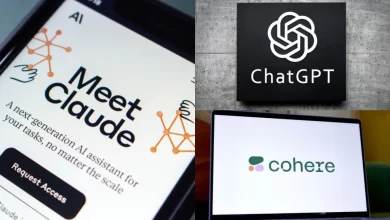London fintech CEOs say UK employees can’t compete with “100 hour weeks” in Asia

At the Innovate Finance Global Summit, a panel of CEOs from some of the UKs major fintechs discussed the fintech landscape. While there was much praise for the talent market, there was also an acknowledgement that productivity for UK fintech staff is a continuous issue.
Click here to sign up for our fintech newsletter 🤖
Iana Dimitrova, CEO of OpenPayd, said “productivity levels in the UK since the economic crisis have actually been really, really slow.” This is particularly problematic due to the USPs of other regions; she says the US West Coast has extensive access to capital, while fintech employees in Asia “are working 100 hours a week, and we struggle to cope with the almost four-day work week in the UK.”
Francesco Simoneschi, CEO of TrueLayer, said the UK has historically held an “advantage over places like the US, where it is immensely hard to immigrate.” He added that “with Brexit, some of those dynamics have gotten a little bit harder.”
Dimitrova said a key benefit of the UK talent market is its high quality schools. This was echoed by Monzo CEO TS Anil in a subsequent panel. Anil said the “universities infrastructure” and “legacy financial services hub” already in the city make it easy to find high quality talent at entry level and above in London.
Francesca Carlesi, UK CEO of Revolut, also sat on the panel. She said it’s up to fintechs to “attract investment, attract talent and retain talent.” Revolut’s valuation has risen 45% according to Schroders.
Have a confidential story, tip, or comment you’d like to share? Contact: +44 7537 182250 (SMS, Whatsapp or voicemail). Telegram: @SarahButcher. Click here to fill in our anonymous form, or email editortips@efinancialcareers.com. Signal also available.
Bear with us if you leave a comment at the bottom of this article: all our comments are moderated by human beings. Sometimes these humans might be asleep, or away from their desks, so it may take a while for your comment to appear. Eventually it will – unless it’s offensive or libelous (in which case it won’t.)



